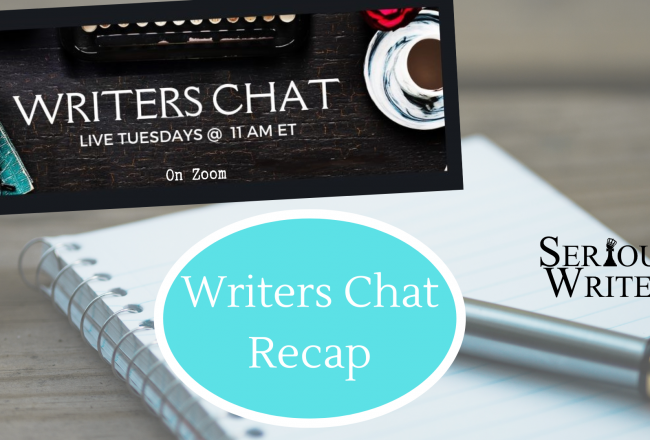
Best Selling Author-Tosca Lee
Welcome Tosca, can you share a little about your recent book – Firstborn is the sequel to The Progeny—a…
October 1, 2017
Welcome Tosca, can you share a little about your recent book – Firstborn is the sequel to The Progeny—a…
October 1, 2017
It’s been a L-O-N-G series, but I wanted to especially focus in on different tools you can use to…
September 30, 2017
Once Upon a Time: Trade Secrets of Copywriting from Ancient Near Eastern Storytellers The internet is abuzz with storytelling.…
September 29, 2017
We’re continuing with the parts of speech with a discussion about prepositions. These words never change their form. They…
September 28, 2017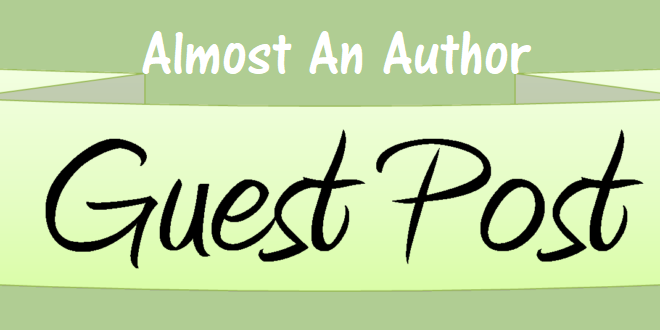
For the past five years, I’ve been blogging for teenage fiction writers. As the editor-in-chief of an online magazine…
September 27, 2017
As an English major in college, I was eager to put my skills to work… I wanted to create…
September 26, 2017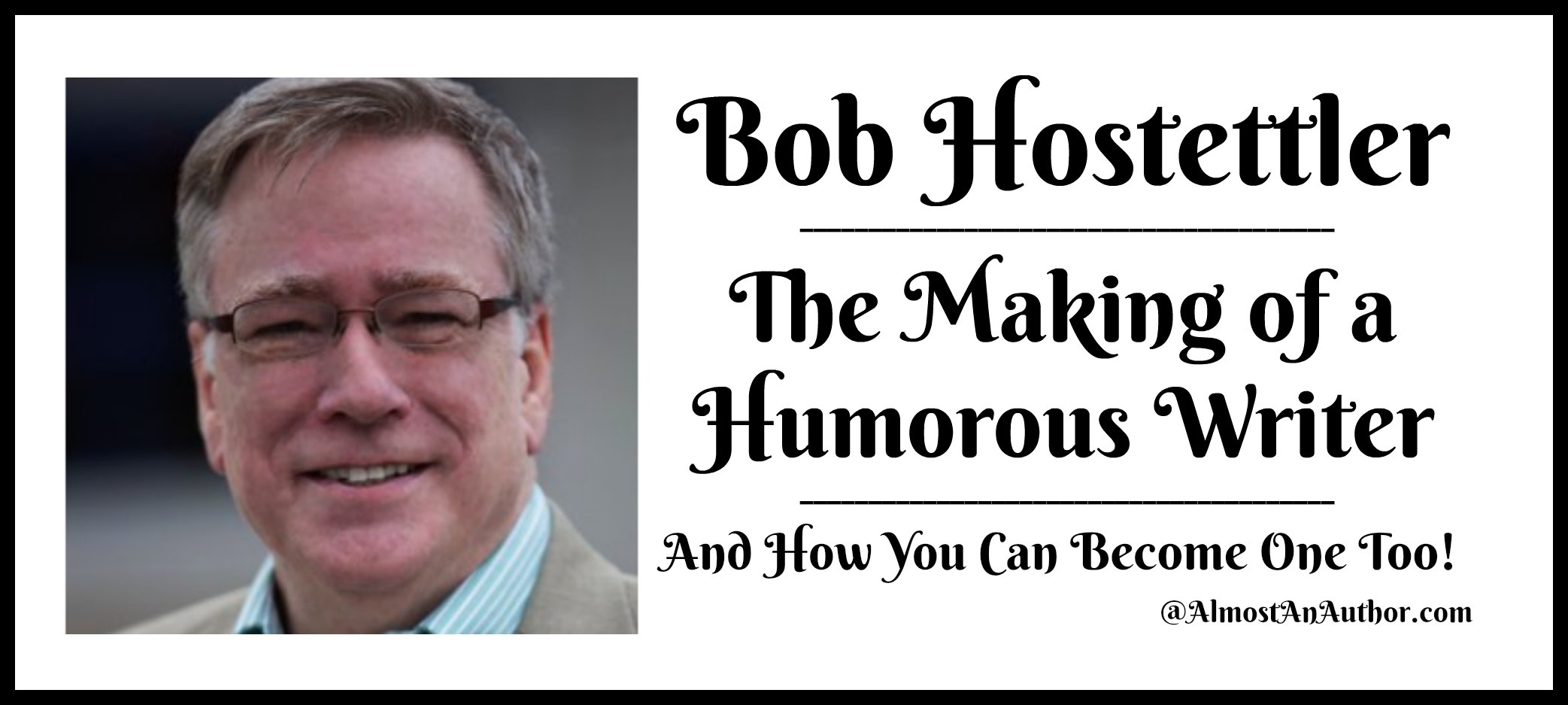
Author, speaker, and overall funny man Bob Hostettler has cost me too much money. He keeps writing books. And…
September 25, 2017
In this series, we’re looking at personalities, how to develop them, and where to look for more information about…
September 23, 2017
I once heard on Dan Miller’s 48 Days podcast something along the lines of “You already know what you…
September 22, 2017
Book Genres specify the types of literature that share certain common aspects. Genres include mystery, romance, historical fiction,…
September 21, 2017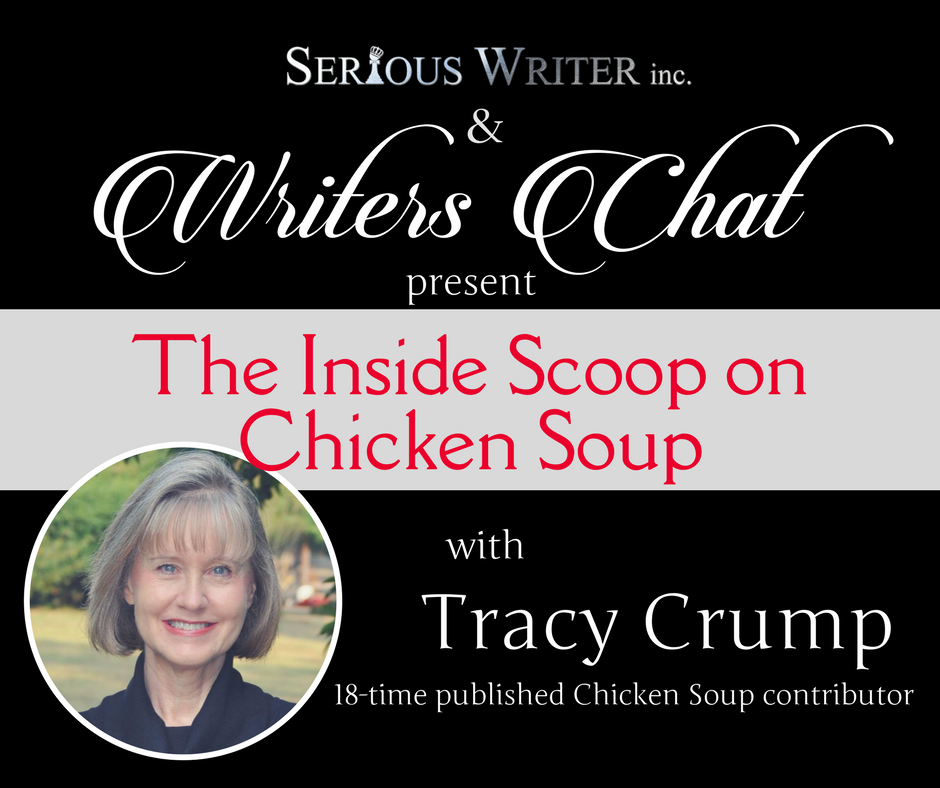
In this conversation, 18-time published contributor for Chicken Soup for the Soul Tracy Crump shares tips and guidelines for getting…
September 20, 2017
Do you always tell the truth? Do you use the same tone and vocabulary when speaking to your friends…
September 20, 2017
In the weeks before a conference, my excitement and happy thoughts twist into nervous doubts. What if I get…
September 19, 2017
Got challenges? Don’t we all. Life is filled with obstacles on the pathway to realizing our goals and purposes.…
September 18, 2017
I’m old enough to remember when Olympic sprinters wore baggy shorts. But if you look at the world’s greatest…
September 15, 2017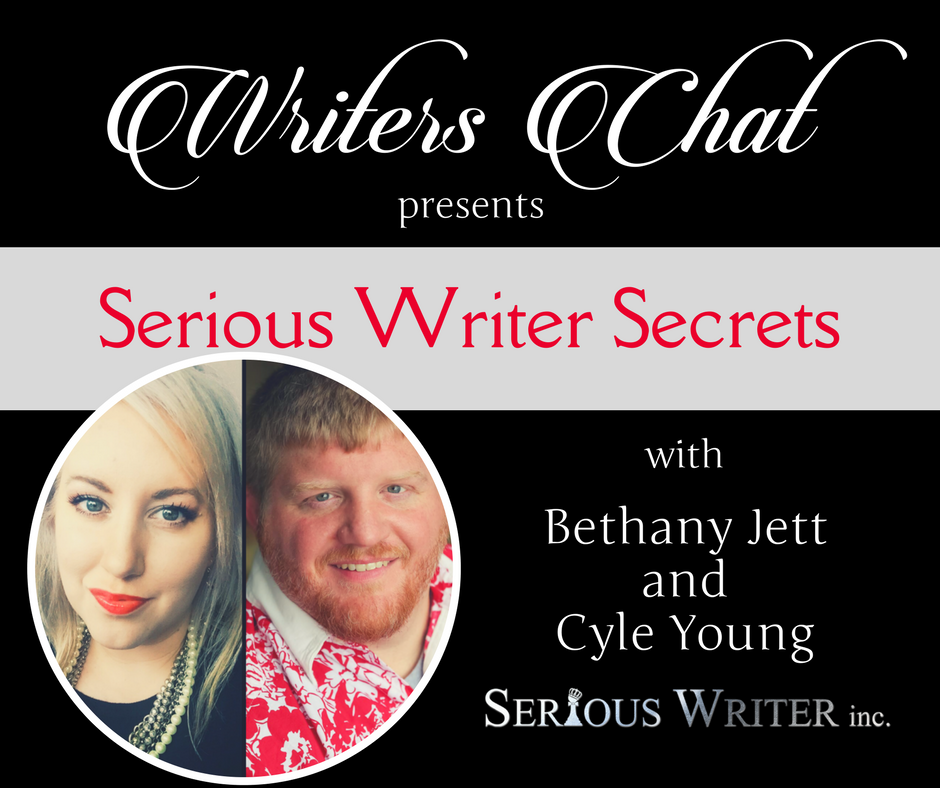
In this conversation, literary agent and award-winning author Cyle Young shares the difference between a writer and an author,…
September 13, 2017
When you boil it down to the basics, writers and editors are both seeking the same thing: excellent writing. …
September 13, 2017
Lindsey P. Brackett’s debut novel, Still Waters, releases September 8, 2017. Published with Firefly Southern Fiction, an imprint of…
September 8, 2017
Do portals that move your character to another time and place work within modern storytelling? This is the question…
September 7, 2017
One of my favorite quotes is “Learn from the mistakes of others; you can never live long enough to…
September 6, 2017
You’ve decided to take your writing from a hobby to a professional level. That’s great, but where do you…
September 3, 2017
So, you think you want to write a romance? It’s a great genre. [bctt tweet=”We all love fairy tales…
September 2, 2017
Welcome, Ace. Can you share a little about your recent book – The Cat’s Eye came out in August…
September 1, 2017His life tells a story. Unexpected business caused the lawyer to stay home in Chicago a few extra days…
August 30, 2017
If your lifelong dream is to write Bible studies, craft devotional guides, or create fiction for today’s Christian woman,…
August 29, 2017



